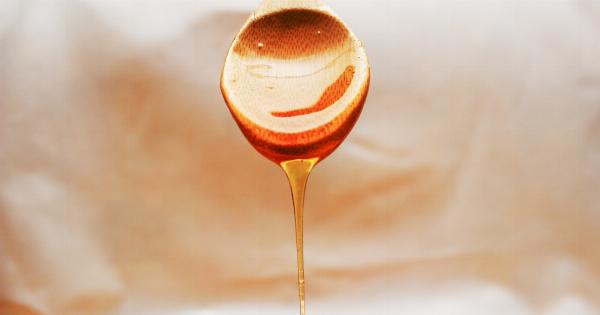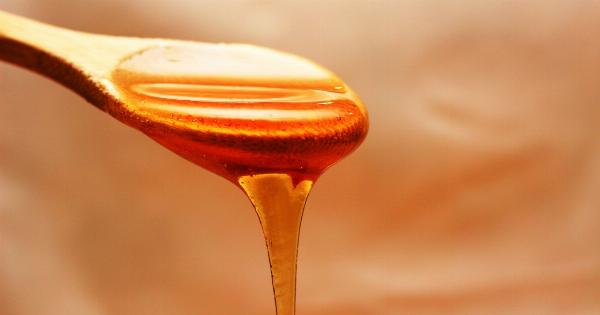Cystic fibrosis is a genetic disorder that affects primarily the lungs, but also the digestive system and other organs. There is currently no cure for this disease, and treatment options are limited.
Manuka honey, a type of honey produced in New Zealand, has been touted as a potential treatment for cystic fibrosis. However, there is currently little scientific evidence to support these claims. In this article, we will explore the truth about using Manuka honey for cystic fibrosis treatment.
What is Manuka Honey?
Manuka honey is a type of honey that is produced by bees that feed on the nectar of the Manuka tree, which is native to New Zealand. This honey has been used for centuries by the indigenous people of New Zealand for its medicinal properties.
It is known for its high antibacterial and anti-inflammatory properties.
How can Manuka Honey Help with Cystic Fibrosis?
Cystic fibrosis is an inflammatory lung disease that is caused by a buildup of mucus in the lungs. This mucus can lead to infections and lung damage.
Manuka honey has been shown to have powerful antibacterial and anti-inflammatory properties, which makes it a potential treatment option for cystic fibrosis. The antibacterial properties of Manuka honey can help to fight off the infections that are common in people with cystic fibrosis.
The anti-inflammatory properties of Manuka honey can help to reduce inflammation in the lungs, which can lead to improved lung function.
Research on Manuka Honey for Cystic Fibrosis Treatment
While there is currently limited scientific evidence to support the use of Manuka honey for cystic fibrosis treatment, there have been some promising studies.
A study published in the Journal of Cystic Fibrosis in 2013 found that Manuka honey was effective at killing bacteria that are commonly found in the lungs of people with cystic fibrosis. Another study published in the European Respiratory Journal in 2018 found that Manuka honey was effective at reducing inflammation in the lungs of people with cystic fibrosis.
How to Take Manuka Honey for Cystic Fibrosis Treatment
If you are considering using Manuka honey for cystic fibrosis treatment, it is important to talk to your doctor first. Manuka honey is a natural substance, but it can interact with some medications and may not be appropriate for everyone.
Your doctor can advise you on the best way to take Manuka honey for your specific needs.
There are several ways that Manuka honey can be taken for cystic fibrosis treatment. One option is to simply eat the honey, either on its own or mixed with other foods. Another option is to mix the honey with warm water or tea and drink it as a beverage.
Some people also choose to take Manuka honey in capsule form.
What to Look for When Buying Manuka Honey
When buying Manuka honey for cystic fibrosis treatment, it is important to look for a high-quality product. Here are some things to look for:.
- UMF rating: Look for Manuka honey that has a UMF (Unique Manuka Factor) rating of at least 10+. The UMF rating is a measure of the honey’s antibacterial strength.
- Purity: Look for Manuka honey that is pure and does not contain any additives or fillers.
- Origin: Look for Manuka honey that is from New Zealand and is produced by a reputable brand.
Conclusion
While there is currently limited scientific evidence to support the use of Manuka honey for cystic fibrosis treatment, there have been some promising studies.
Manuka honey has powerful antibacterial and anti-inflammatory properties, which makes it a potential treatment option for cystic fibrosis. If you are considering using Manuka honey for cystic fibrosis treatment, it is important to talk to your doctor first and to look for a high-quality product.






























